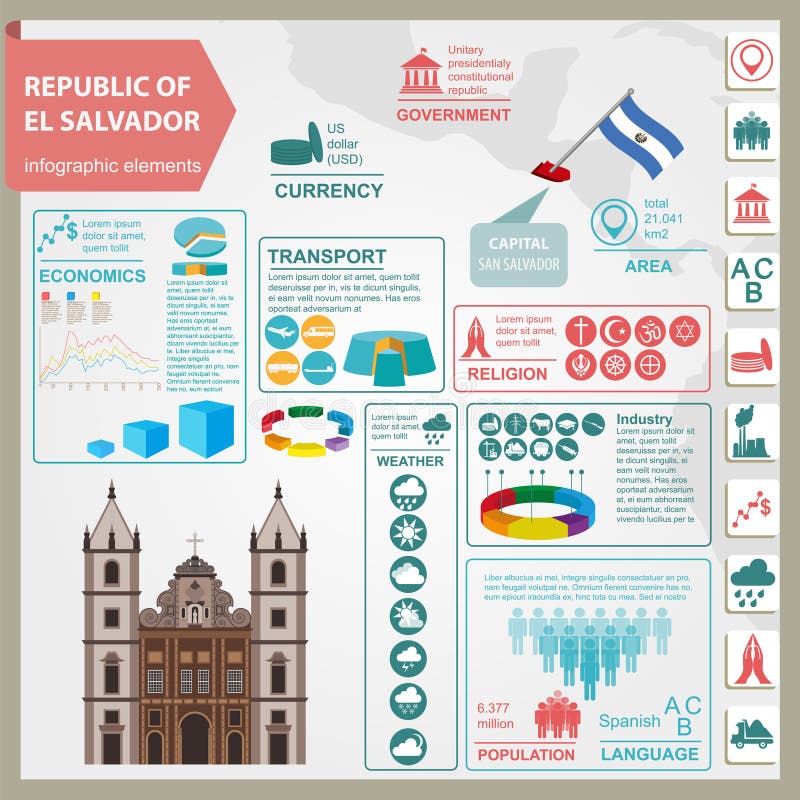Exploring The Rich History And Enduring Influence Of Catholic Schools Worldwide
Exploring The Rich History And Enduring Influence Of Catholic Schools Worldwide
Blog Article
Short Article Writer-Petersson Bateman
When you think about the background of education and learning, Catholic schools stand out for their deep-rooted traditions and enduring influence. These establishments began as a means to infuse faith and worths, however they have actually adapted extremely over centuries. Today, they play a crucial duty fit not just scholastic success yet also moral integrity. What's fascinating is how they've handled to thrive in the middle of transforming social landscapes, questioning regarding their future relevance and impact.
The Beginnings of Catholic Education: A Historic Viewpoint
Catholic education and learning traces its origins back over 1,500 years, when early Christian neighborhoods identified the requirement for structured understanding. You'll locate that these areas aimed to pass on their faith and values via education and learning.
Monasteries and sanctuary colleges came to be centers of knowing, supporting both spiritual and intellectual development. As you delve deeper, you'll see that the educational program frequently included philosophy, theology, and the liberal arts, made to create versatile individuals.
With time, the Church developed extra official organizations, ensuring that education stayed easily accessible to all. The commitment to mentor moral worths and promoting a feeling of community has lingered with the centuries, forming the educational landscape and affecting countless lives worldwide.
This long-lasting heritage remains to influence Catholic education today.
The Development of Catholic Schools With Cultural Contexts
As societies evolved, so did the duty of Catholic schools, adjusting to the cultural contexts in which they existed. In https://www.nytimes.com/article/electors-vote.html , these organizations concentrated largely on spiritual guideline, however as communities expanded, they began to integrate local languages, customs, and instructional needs.
You would certainly see that Catholic colleges frequently became facilities for social cohesion, promoting a feeling of belonging among students from different backgrounds. In lots of areas, they addressed social concerns, such as poverty and discrimination, by supplying accessible education for all.
As you check out various societies, you'll see just how Catholic institutions have actually changed their educational program and mentor methods, mirroring the values and challenges of their atmospheres while holding to their fundamental objective of belief and scholastic excellence.
The Modern Function and Impact of Catholic Schools in Culture
In today's globe, Catholic institutions play a vital duty in shaping not just the educational landscape, but likewise the more comprehensive community.
You'll discover that these organizations stress worths like respect, compassion, and social justice, fostering all-around people that contribute positively to society. By focusing on https://anotepad.com/notes/mm8qcfi9 and moral growth, Catholic institutions prepare students for future difficulties, supporting vital reasoning and leadership skills.
They frequently offer varied populaces, linking voids in access to high quality education and learning. Additionally, you might observe their dedication to service, encouraging pupils to engage in community outreach and volunteer job.
This mix of education and moral assistance makes Catholic institutions a significant pressure, growing responsible people who can affect their neighborhoods right.
Final thought
Finally, Catholic schools have a rich history that's shaped their enduring impact on culture. You've seen exactly how they've adapted to numerous cultural contexts while maintaining a dedication to confidence, values, and academic excellence. Today, they continue to play a vital role in promoting neighborhood, promoting social justice, and nurturing accountable people. As you reflect on their tradition, it's clear that Catholic institutions continue to be an effective force for favorable adjustment in the world.
